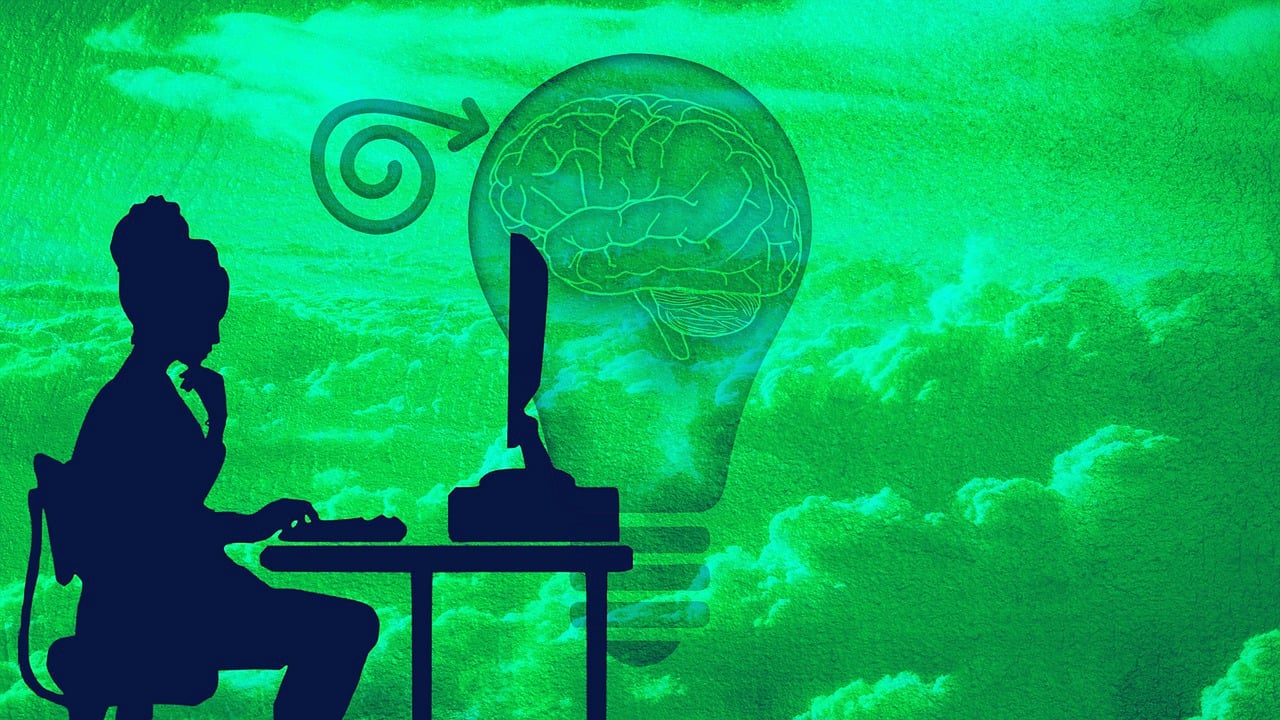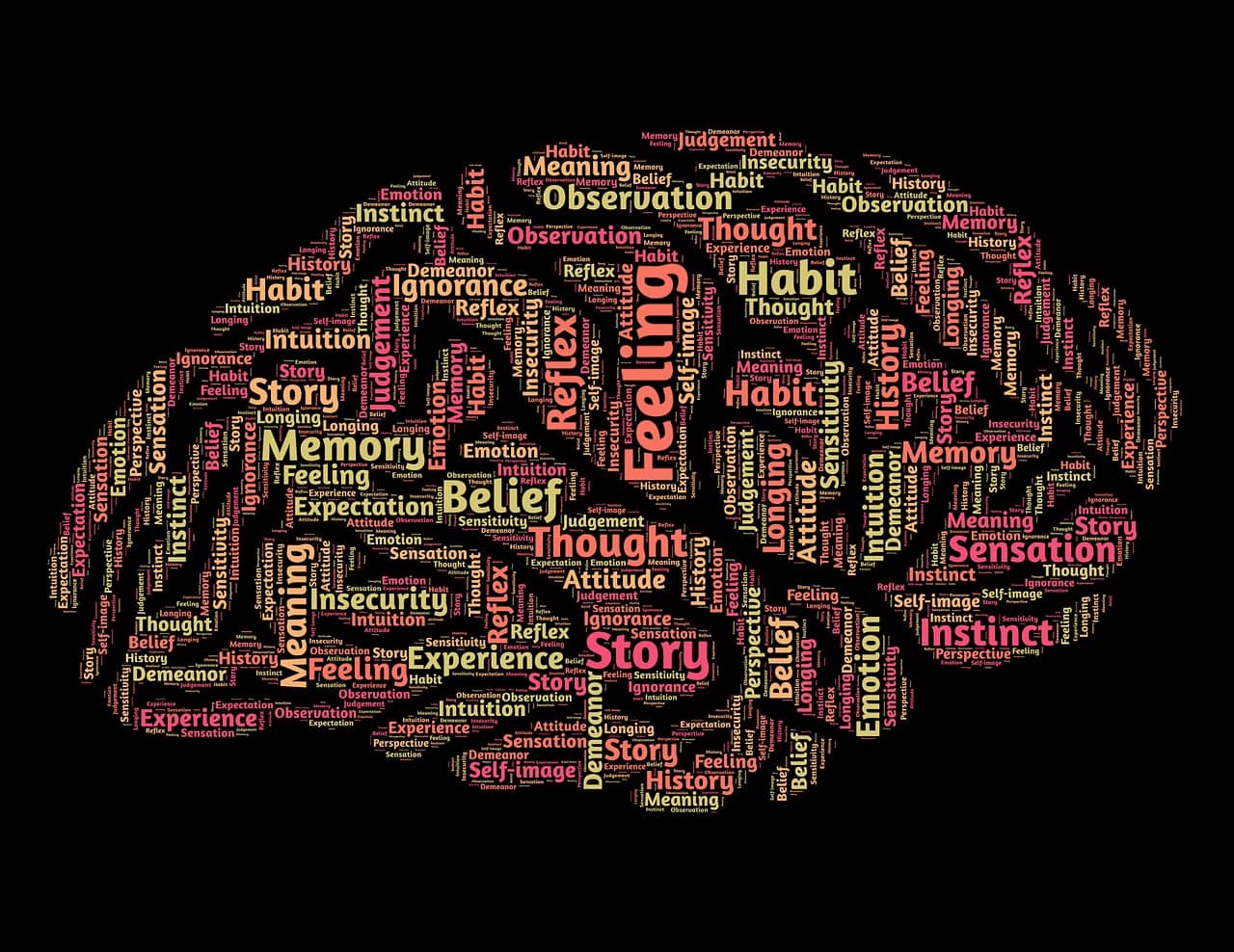Archive for September 2023
ADHD treatment
ADHD, or Attention Deficit Hyperactivity Disorder, is a neurodevelopmental disorder. It affects both children and adults. Common symptoms include inattention, hyperactivity, and impulsivity. However, the severity of these symptoms can vary significantly. Inattention symptoms manifest as difficulty sustaining attention, making careless mistakes, and often forgetting daily tasks. Hyperactivity symptoms involve excessive fidgeting, restlessness, and the inability to stay seated when expected. Impulsivity symptoms include impulsive decision-making and difficulty waiting for one’s turn.
ADHD can lead to difficulties in academic and occupational settings. It often coexists with other mental health conditions like anxiety and depression. While the exact cause of ADHD is not fully understood, genetic factors play a significant role. ADHD treatment is typically diagnosed through clinical assessments that evaluate symptom severity and duration. Treatment options include behavioral therapy, medication, or a combination of both. Medications like stimulants or non-stimulants can help manage symptoms. Behavioral therapy teaches coping strategies and organizational skills. Early intervention is crucial for managing ADHD effectively. With appropriate treatment and support, individuals with ADHD can lead successful and fulfilling lives. However, ADHD is a lifelong condition, and symptoms may persist into adulthood. Therefore, ongoing management and support are essential for those affected. In conclusion, ADHD is a complex disorder characterized by inattention, hyperactivity, and impulsivity, affecting individuals across the lifespan. Effective management involves a combination of therapeutic approaches and support systems.
You can make an appointment with Dr. Defino by clicking here.
Quantum Neurology
Quantum Neurology is an innovative approach to healing. It integrates quantum physics principles with neurological rehabilitation. This synergy empowers practitioners. They can pinpoint underlying issues. Moreover, Quantum Neurology employs non-invasive techniques. These techniques unlock the body’s innate healing potential.
Furthermore, it distinguishes itself from traditional methods. Instead of symptom management, it targets root causes. Consequently, it enhances overall well-being. In addition, Quantum Neurology emphasizes the body’s electromagnetic fields. These fields hold vital information. Furthermore, it utilizes muscle testing. This aids in assessing neural function. Subsequently, it guides personalized treatment plans.
Moreover, Quantum Neurology operates on a holistic basis. It recognizes the mind-body connection. Thus, it considers emotional and mental aspects. Furthermore, it works on a quantum level. It explores energy and frequency patterns. This deepens its diagnostic capabilities. Additionally, it harnesses the power of intention. Practitioners can influence healing energetically.
Furthermore, Quantum Neurology promotes self-healing. It empowers patients to actively participate. Consequently, they gain a sense of control. Moreover, it’s a non-invasive and gentle approach. This ensures patient comfort. Furthermore, it’s applicable to various conditions. From neurological disorders to pain management, it offers versatility.
In conclusion, Quantum Neurology is a cutting-edge approach. It bridges the gap between science and healing. Its holistic, patient-centered methods are transforming healthcare. The future of neurological rehabilitation lies in the quantum realm. Make an appointment with Dr. Defino by clicking here.


